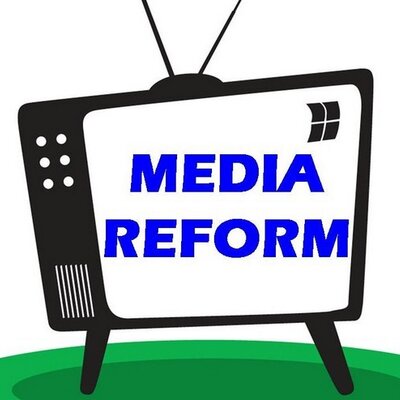As Zimbabwe gets into the 2018 elections campaign mode, the government should speedily implement long overdue media reforms to entrench constitutional democracy.
This is critical as elections define democracy while the media enlightens and sustains it. The media should thus be allowed to conduct its lawful professional duties in an atmosphere free of threats, intimidation and harassment.
The safety and security of journalists should therefore be guaranteed as provided for by the Constitution. In turn, it is the media’s responsibility to report factually and fairly as demanded by the ethics of the profession.
As highlighted in our 2016 State of the Media Report, laws such as the Access to Information and Protection of Privacy Act, Broadcasting Services Act, sections of the Criminal Law (Codification and Reform) Act and Official Secrets Act, among others, should be repealed or amended.
These laws criminalise the media’s work and citizens’ right to free expression and free flow of information as provided for by Sections 61 and 62 of the Constitution.
Zimbabweans should therefore not relent in demanding the entrenchment of constitutional democracy, free expression, access to information and privacy of communication. A free, independent, diverse and pluralistic media is critical to the enjoyment of these fundamental and constitutionally protected rights.
A conducive media environment critical to entrenching constitutional democracy can be attained through:
Urgently implementing the long overdue media reforms in line with recommendations of the government-sanctioned IMPI report as enunciated by civil society at the April 2016 Media Law Reforms Indaba.
- Refraining from threatening the media as that has potential to trigger extra-legal violation of media freedom by political activists and other non-state actors.
- Securing and guaranteeing the Zimbabwe Broadcasting Corporation’s independence and accountability in carrying out its public service mandate as outlined in the Constitution and the African Charter on Broadcasting.
- Ensuring a safe working environment for the media by providing leadership and knowledge within and outside government in raising awareness on the need to ensure the safety of journalists and media workers.
- Bringing to justice perpetrators of attacks against media personnel and property.









